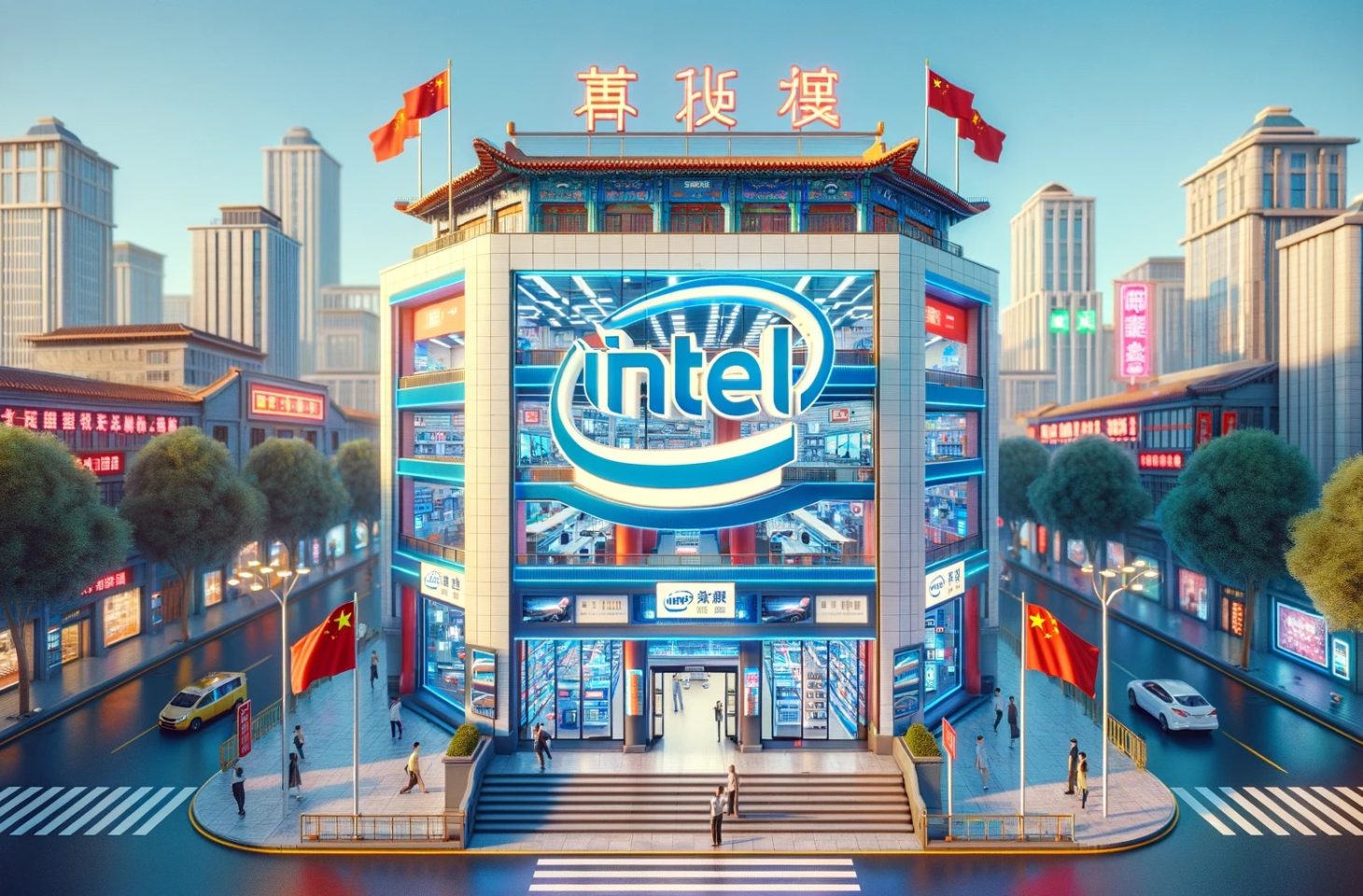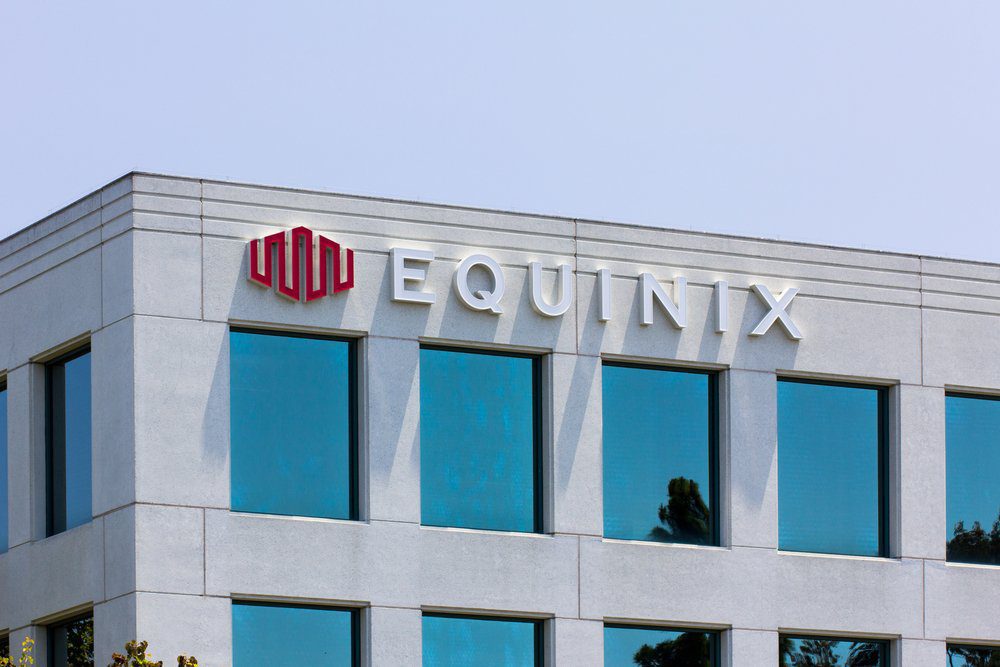The US has not revoked Intel’s export license to sell chips to Huawei, although it initially seemed likely following a legitimate-sounding complaint from AMD.
The US did not revoke a previously granted export license from Intel, although that initially appeared to be the plan. Reuters knows this. The downward spiral can be traced first to a complaint from AMD and then to new rapprochement talks between the US and China.
Former President Trump blacklisted Huawei in 2019, blocking American companies from exporting advanced technology to the Chinese tech giant. However, exceptions were possible through a license and Intel secured such an export permit in 2020.
Not for AMD
AMD, which sells virtually identical CPUs, also applied for such a license in 2021 but never received a response. The company then filed a complaint. It is unclear why Intel is allowed to sell x86 processors to Huawei and AMD is not. The financial consequences are noticeable: AMD’s share of Huawei’s laptops plummeted from 47.1 percent to 9.3 percent and the company lost an estimated half a billion dollars to Intel.
AMD condemned the practice and was supported by American hardliners who want to restrict all forms of technology exports to China. Last year, officials within the US government announced that they had taken a closer look at the license. Then it looked as if the export license would be suspended early, but then things went quiet. Now the investigation appears to have stalled.
Consistent inconsistency
The convoluted story always seems to be the result of ad hoc reasoning. First, Huawei was generally blacklisted due to former President Trump’s vendetta against the company in trade with China. Intel then received a license due to the enormous revenue that the American company would otherwise miss out on. On the other hand, the license was found to be inconsistent, so it was revoked. Eventually, the US resumed talks with China to improve strained relations, and the plan to revoke the license was temporarily withdrawn.
The whole story isn’t really consistent. It becomes even more impressive when you know that x86 chips are not the only ones subject to such a policy. The USA uses the same non-strategy for ARM processors: Qualcomm is allowed to sell chips, but competitor MediaTek is not. The inconsistency is at least consistent across the CPU architecture.
Finally, we note that the entire story is heading towards a familiar ending. Intel’s license expires at the end of this year and there is little chance it will be renewed. Huawei, in turn, announced that business had returned to normal this year despite the American trade embargo. After several years of growth, Huawei has a 9.7 percent share of the laptop market in China. The end of the license is likely to have a noticeable impact on the company’s business operations.














